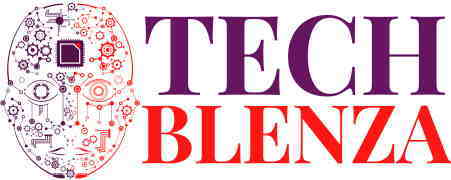The Internet of Things is a concept that has been around for a while. The network of digital transformation agencies has produced a flurry of ground-breaking applications in sectors like healthcare, telecommunications, production, and, of course, smart homes. The use cases for edge computing continue to expand into new economic sectors. New applications are being made available daily to businesses. As edge computing trailblazes into new markets, we may soon see applications range from improving the services of debt collection agencies like Meade and Associates to enhancing applications in the retail market like Home Depot. Business would be advised to monitor the growth and development of the internet of things, as well as, its association with edge computing.
In 2016, there were 620 different publicly-recorded IoT systems, up from only 260 in 2015. Amazon and Microsoft are just two of the titans vying for a slice of the ever-expanding IoT platform pie. Global IoT investment is expected to reach a stunning 1.1 trillion dollars by 2023, according to projections. This might be due to the organization’s increased focus on cybersecurity, and the drive to enhance efficiency and reduce operational costs.
To power these trends, mobile app development companies are working on state of the art technology like Edge computing. It is a computing strategy that allows processing to occur near or at the data source. This is contrary to the common practice of computing only in the clouds at the data center. This isn’t to say that the cloud can go away. It just means that the cloud is getting closer to you. Edge computing boosts online application speed by moving computing directly to the data sources.
HOW TO CHOOSE THE RIGHT EDGE COMPUTING PROVIDER?
1] Select a Pricing Strategy
- Pricing depending on a subscription: That’s the flat rate strategy, which is commonly employed by SaaS businesses. You pay each month and must purchase a license for each client, but you get limitless resources in exchange.
- Pay for what you use, or consumption-based pricing: IaaS and PaaS vendors commonly utilize this. There aren’t many that provide a set charge. This allows the client to scale up or scale down as needed, yet if demand remains high, your budget may quickly exceed your budget.
- Pricing that is determined by the market: Because businesses operate around the clock, this is less typical, but market-based costing tends to limit when you may utilize resources. For example, you might only be able to execute resource-intensive apps during off-peak hours.
2] Service, scalability, and data policy are all factors to consider.
Some edge suppliers provide frameworks, while others focus solely on hardware. The following are some of the other aspects to consider:
- Remote site service vs. employees traveling to the location
- Backup, restore, and disaster recovery are all automated.
- Self-service provisioning and scalability
- Patching and maintenance are done automatically.
Furthermore, when clients attempted to retrieve their data from a remote source, they were met with a nasty surprise. For instance, if you have a lot of information at a remote place, data retrieval rates might be prohibitively expensive. The service agreement will explain the charges and terms, which you should read carefully.
3] Consider the Risk of Lock-In
Some businesses have a single edge computing supplier; instead, they use a variety of vendors. The sellers, on the other hand, want you to believe differently. As a result, there’s a risk of vendor lock-in, where infrastructure, protocols, applications, and other technology are all proprietary and prevent you from moving edge computing workloads between platforms, particularly from on-premises servers to the edge.
Check the specifics to verify that any supplier you deal with respects interoperability and will not hobble you if you wish to move or at the very least Concepcion with another edge firm as part of your due diligence.
Many tech giants have already gained expertise in cloud and AI, including Amazon, Google, Microsoft, and IBM. The 5G expertise of Huawei, Cisco, ZTE, and Ericsson, on the other hand, is poised to transform Edge Computing. In the race to stay ahead in edge computing, every big company has something at its disposal.
Also read The mobile application with an impeccable system design- Uber


0 comments